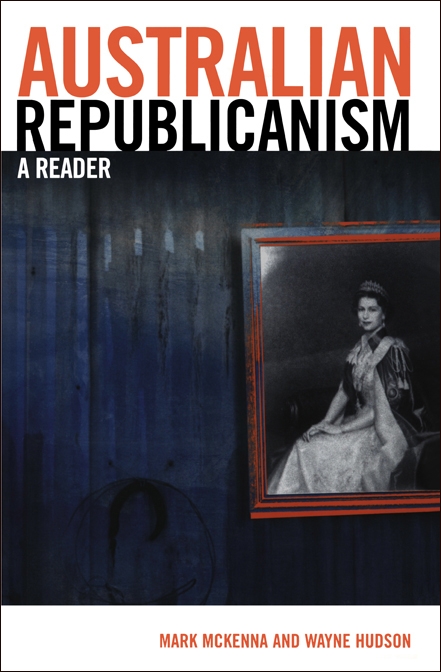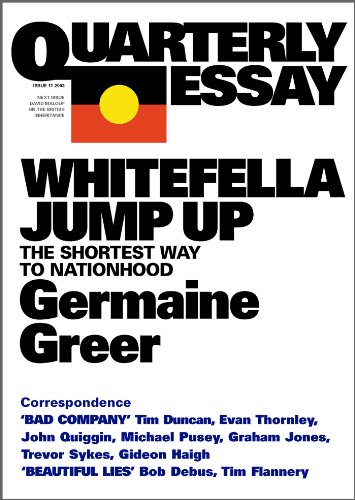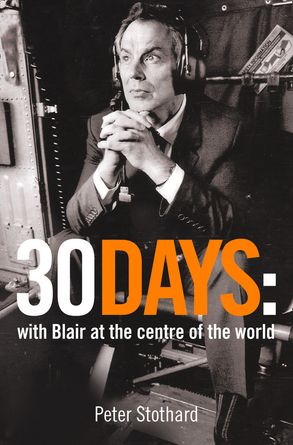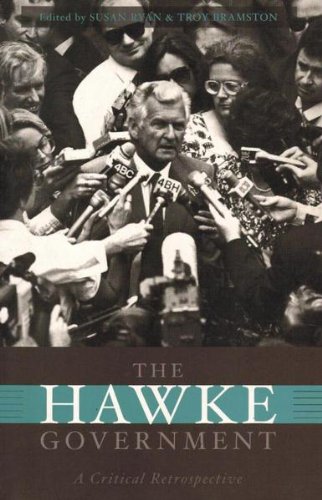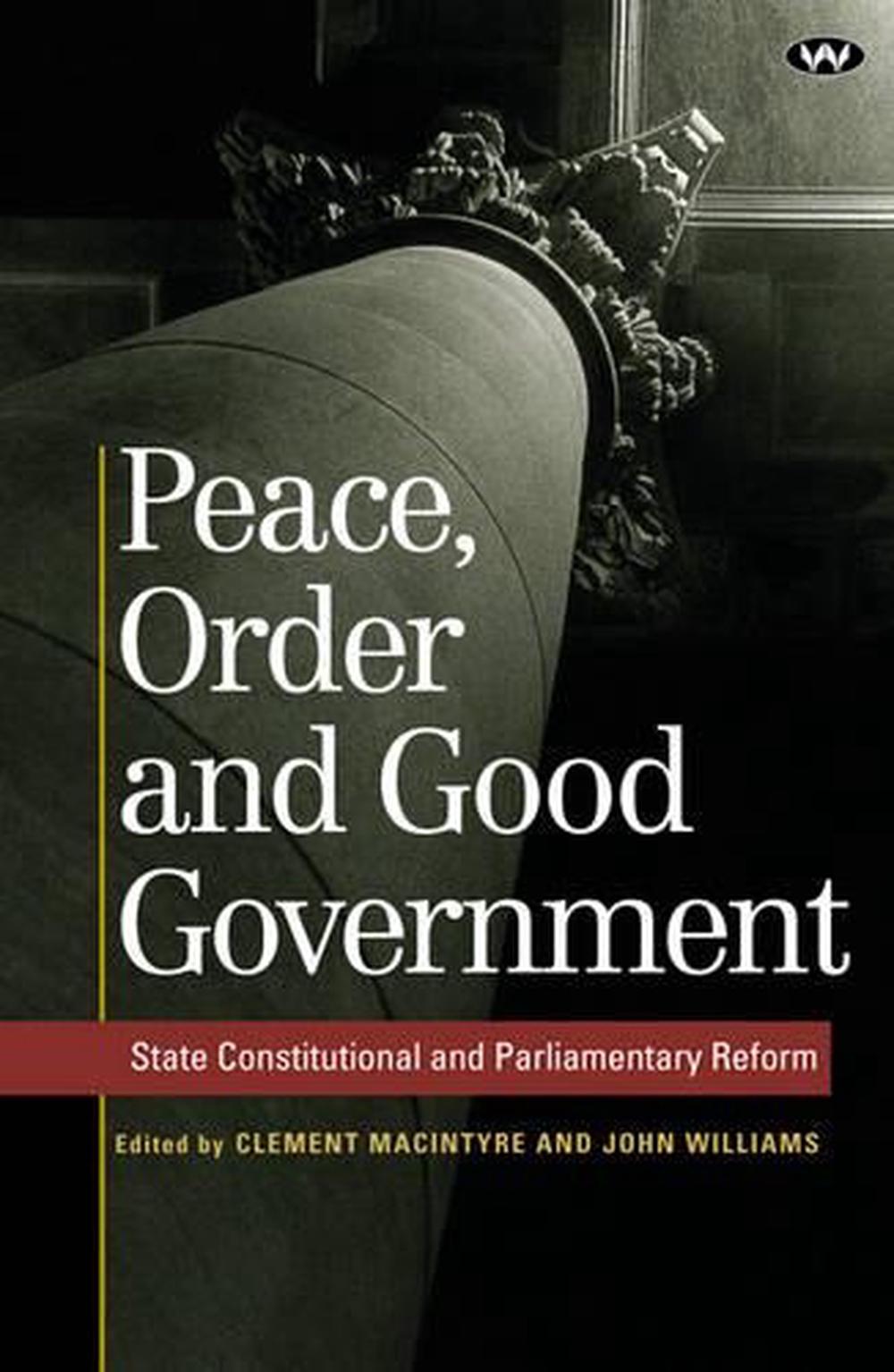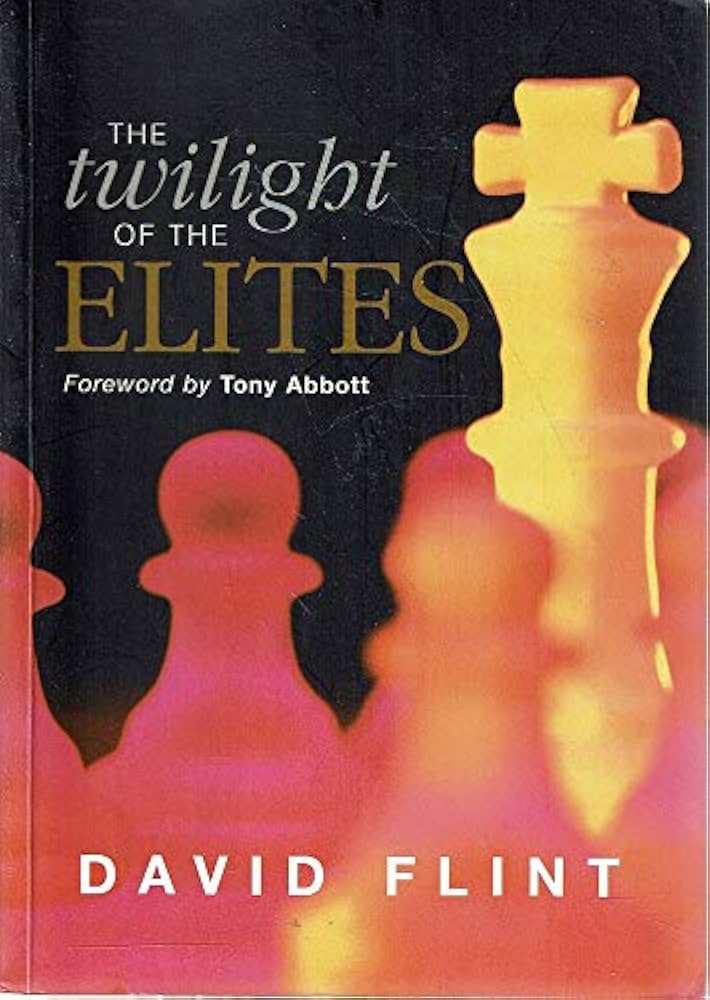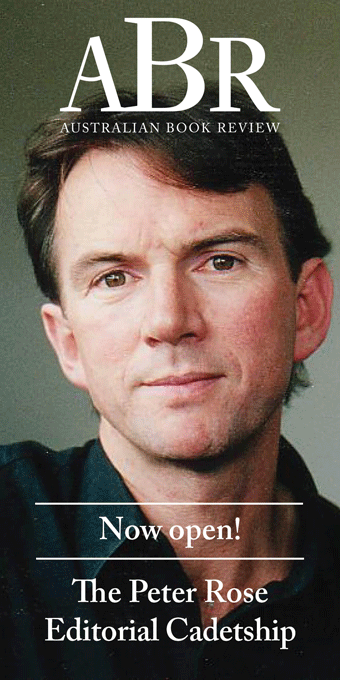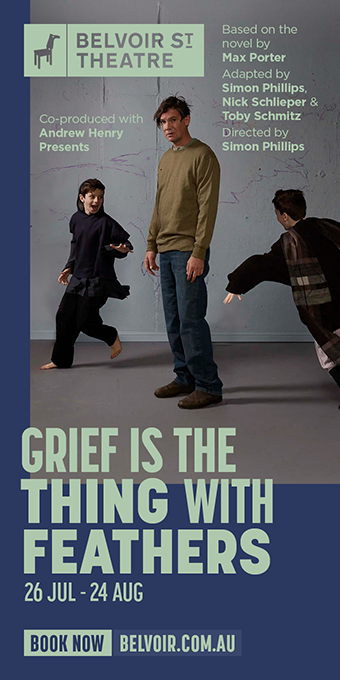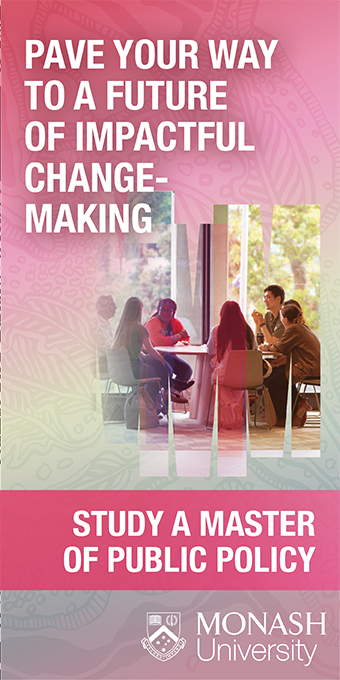Politics
Australian Republicanism: A reader by Mark McKenna and Wayne Hudson
Whitefella Jump Up by Germaine Greer & Made In England by David Malouf
30 Days: A month at the heart of Blair’s war by Peter Stothard
Since the beginning of 2003, nine writers and journalists have been murdered worldwide, adding to International PEN’s list of 400 who have been killed over the last ten years. In the same period, 769 other writers and journalists have been imprisoned, tortured, attacked, threatened, harassed and deported, or have disappeared, gone into hiding or fled in fear of their lives – simply for practising their profession.
... (read more)A Perilous and Fighting Life: : From communist to conservative: The political writings of Professor John Anderson edited by Mark Weblin
The Hawke Government: A critical retrospective edited by Susan Ryan and Troy Bramston
Peace, Order and Good Government: State Constitutional and Parliamentary Reform edited by Clement Macintyre and John Williams
Is anti-Americanism one of the last respectable prejudices in Australia, or are cries of anti-Americanism a way of silencing reasonable criticism? At the risk of being injured while straddling the fence, I will argue that, although the Bush administration has often behaved like an imperial bully-boy, the US has become the whipping boy for the anxieties of many nations and people. A broad anti-Americanism seems on the rise among Australians, possibly due to the resentment many feel about US power and the policies of this administration. Although I sympathise with many of its critics, the associated slide of many Australians into anti-Americanism is unfortunate. Presidents come and go, but America’s importance in our world and imaginations is much greater. Besides, the US is far too diverse to hate.
... (read more)

